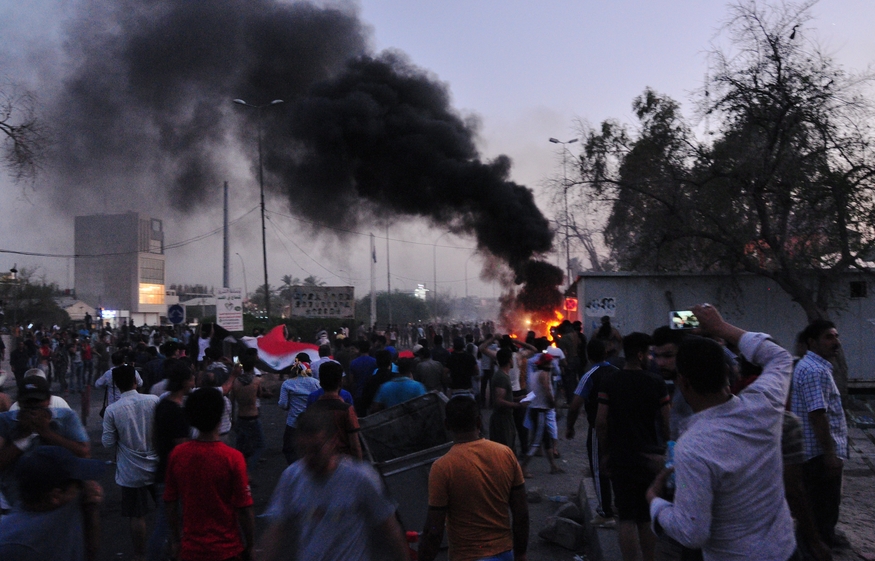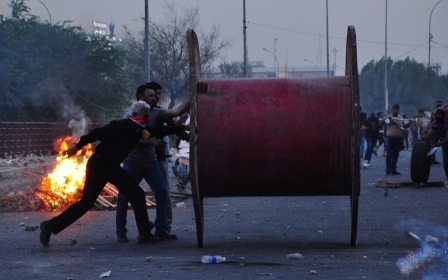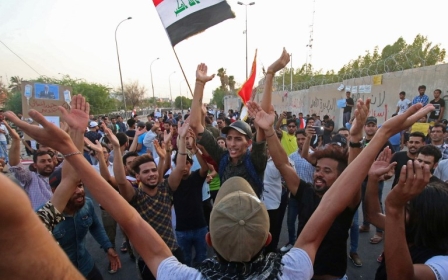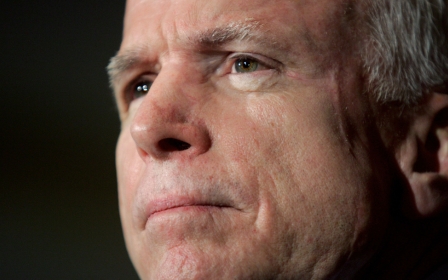Police use tear gas against protesters threatening to shut down production at Basra oilfield

Police have used tear gas to disperse around 150 protesters at the main entrance to Iraq's giant Nahr Bin Omar oilfield, police sources said, amid growing unrest in southern cities over poor public services and corruption.
Officials at the field, operated by the state-run Basra Oil Co, said production operations on Sunday were running at normal capacity.
Production from Nahr Bin Omar now stands at around 44,000 barrels per day, oilfield officials said.
Protesters threatened to break into the field if the government did not respond to their demands to improve essential services and address their complaints about Basra's drinking water, which residents say is undrinkable due to high salt levels.
"We will not allow the oilfield to operate unless we get clean water. No services, no jobs and now no clean water. We are fed up," said Hassan Ali, a protest organiser.
On Friday, hundreds of protesters had hurled stones and tried to break into the provincial government headquarters in Basra, the Reuters news agency reported.
Iraqi political blocs are attempting to form a coalition government after a May 12 parliamentary election tainted by allegations of fraud.
Oil exports from Basra account for more than 95 per cent of OPEC producer Iraq's state revenues. Any potential disruptions to production could severely impact the country's limping economy.
Other protesters gathered at the main road to the east of Basra leading to a border crossing with Iran, trying to prevent trucks from moving, custom and police officials said.
Stay informed with MEE's newsletters
Sign up to get the latest alerts, insights and analysis, starting with Turkey Unpacked
Middle East Eye delivers independent and unrivalled coverage and analysis of the Middle East, North Africa and beyond. To learn more about republishing this content and the associated fees, please fill out this form. More about MEE can be found here.




